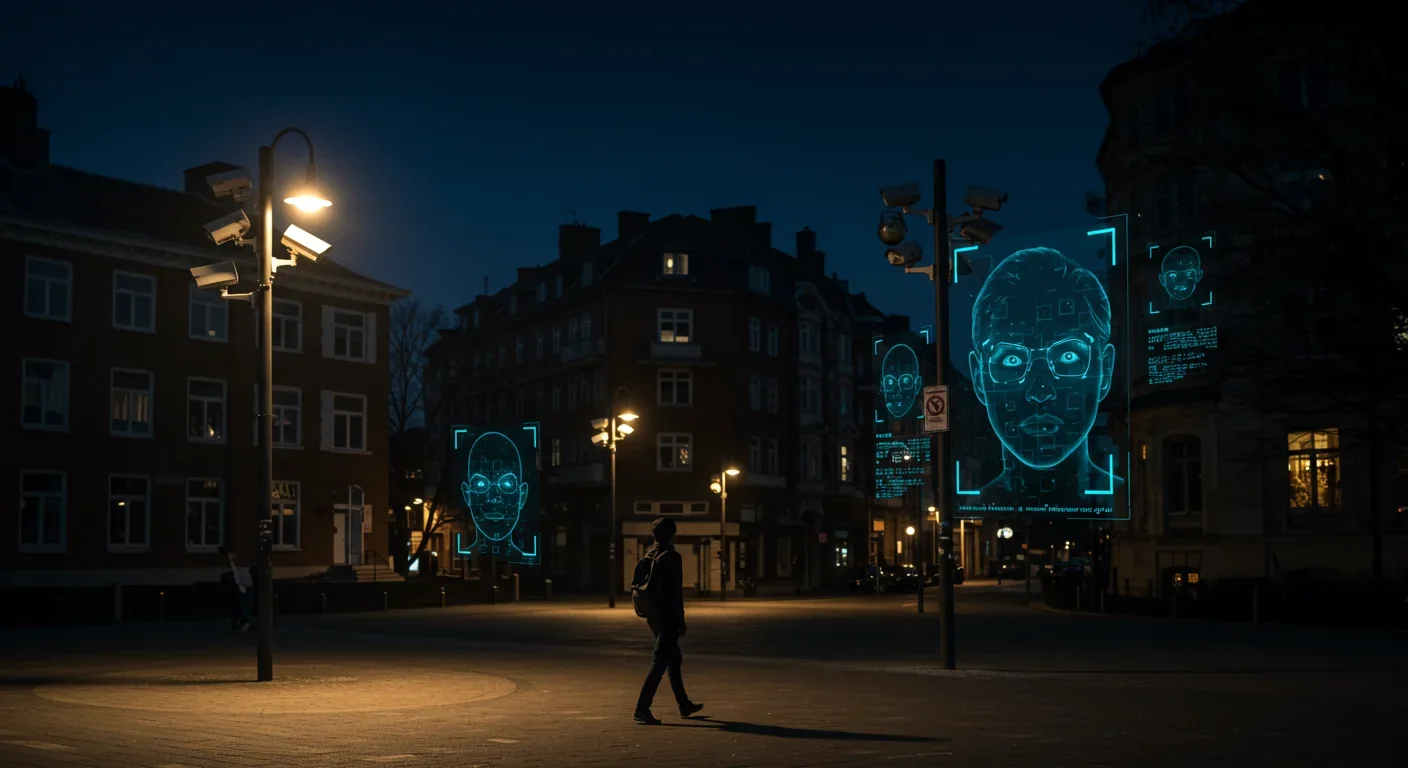Algorithmic Bias: How AI Quietly Discriminates in 2025
AI systems don't just automate decisions - they automate discrimination at scale. From criminal justice algorithms that mislabel Black defendants at twice the rate of white defendants, to hiring tools that systematically reject women and older workers, algorithmic bias is America's invisible civil rights crisis. These systems inherit society's historical inequalities through biased training data, proxy variables, and feedback loops, then amplify them with mathematical precision. But change is p...



